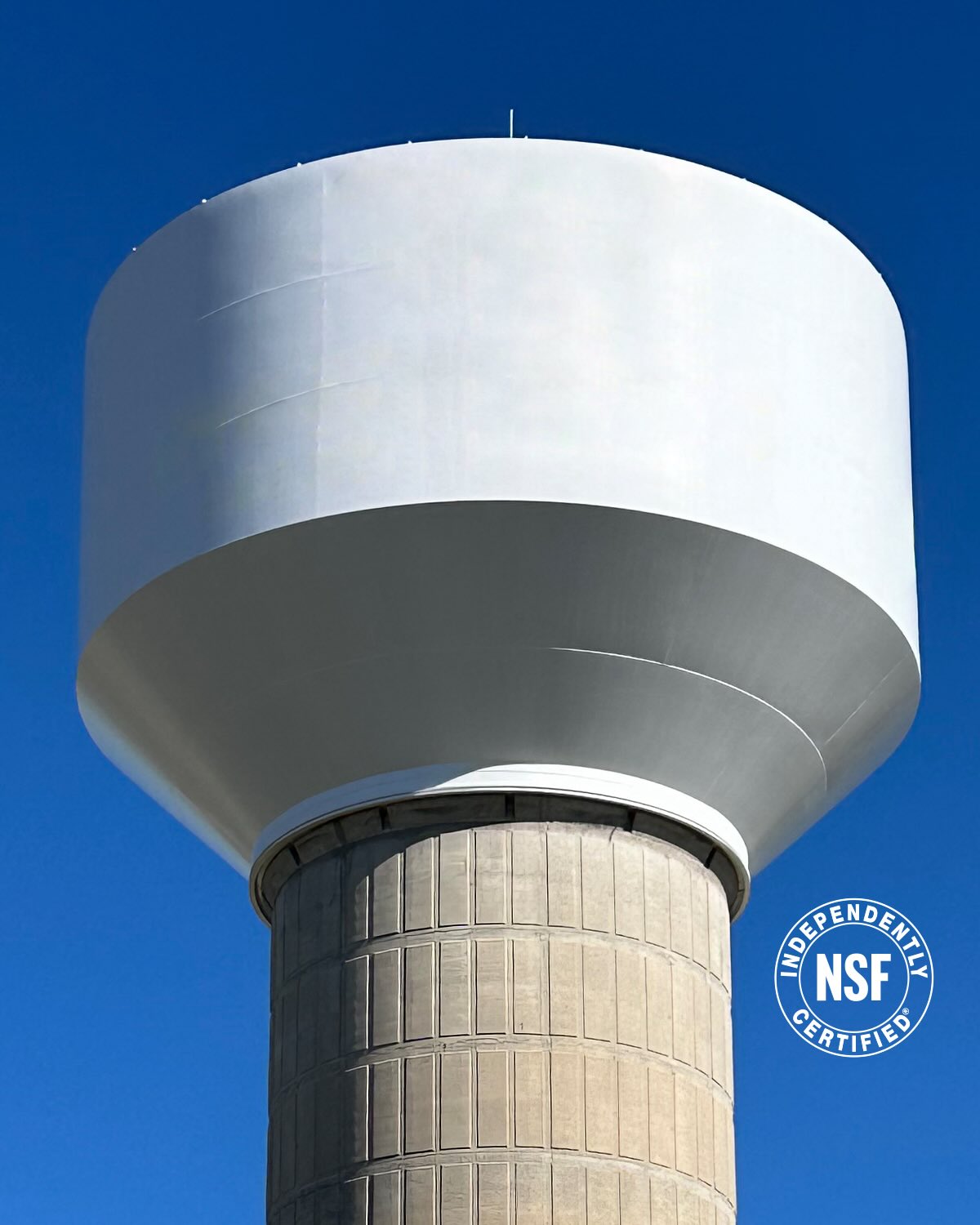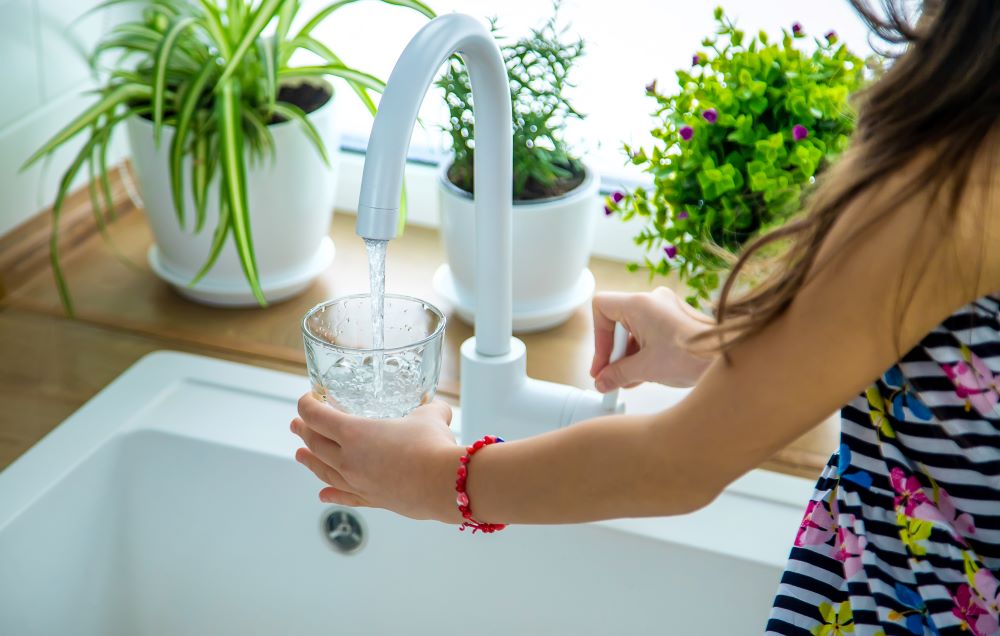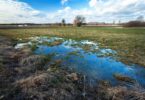Denso, Inc., a company in corrosion prevention solutions, is proud to present the Archco 426 Epoxy, a state-of-the-art coating system designed for the potable water industry. This innovative product provides exceptional protection for water pipes, fittings, valves, meters pumps and storage tanks, ensuring the safety and integrity of drinking water systems.

Certified to NSF/ANSI/CAN 61 & 372 and compliant with AWWA C210 standards, the Archco 426 Epoxy is particularly suited for large-scale applications. It can be applied using airless spray, plural spray, or roller methods, allowing for flexibility in various project requirements. The product has a tack-free cure time of 7 hours at 77°F (25°C) and achieves a thorough cure in 24 hours, minimizing downtime during application and maintenance.
Archco 426 Epoxy is ideal for potable water fittings, valves, meters, and pumps (6″ diameter and greater), storage tanks (>10,000 gallons), water pipes (36″ diameter and greater), and immersion service in fresh and salt water.
The high-solids, one-coat application of Archco 426 Epoxy provides excellent corrosion protection for drinking water applications. Its low VOC formulation ensures compliance with strict environmental regulations while delivering superior performance. The excellent adhesion properties ensure long-lasting protection and reduce maintenance costs over time.
The product’s fast curing times and single-coat application reduce labor costs and simplify the process. Importantly, Archco 426 Epoxy’s suitability for potable water contact means it meets rigorous safety standards for drinking water infrastructure.







